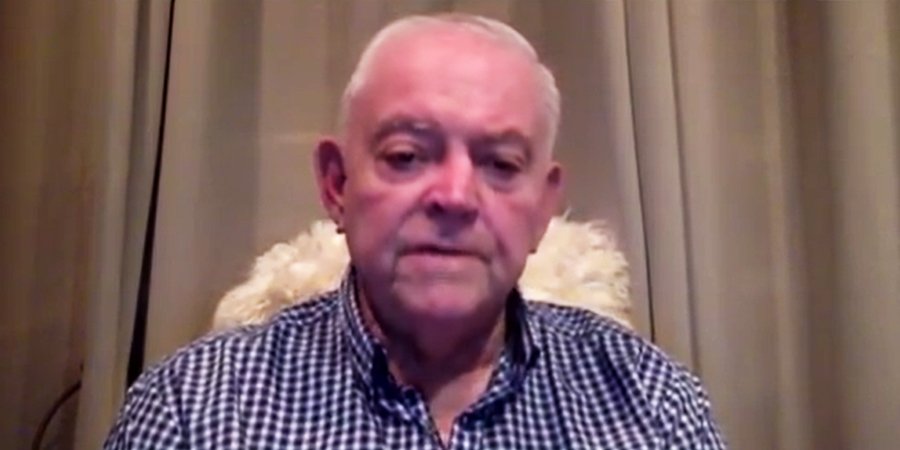• GILBERT P. BAYORAN
The United Sugar Producers Federation (UNIFED) has strongly debunked claims of sugar importation, as reported earlier by three sugar federations, which it said “seem bent to divide the sugar industry at the expense of sugar farmers, who are waiting for the full implementation of government intervention.”
UNIFED president Manuel Lamata said on Wednesday that the Sugar Council is opposed to a second program, where traders will purchase local sugar and be put on reserve, in addition to the initial P5-billion buy-back local sugar scheme of the national government.
In a statement, Lamata said that UNIFED, with the Asociacion de Agricultores de la Carlota y Pontevedra Inc. (AALCPI), which remains the largest independent sugar planters group in the country, and Luzon Federation of Sugarcane Growers and Associations (LuzonFed), are in full support of the government intervention discussed with Agriculture Secretary Francisco Tiu Laurel Jr. and Sugar Regulatory Administrator Pablo Azcona.

He added that their group, including sugar planter, Mike Hinojales who handles one of the biggest sugar landholdings in the country, are “thankful to President Ferdinand Marcos Jr. who listened and answered their appeal to help our farmers amidst declining sugar prices.”
The Sugar Council, a coalition of the Confederation of Sugar Producers Associations Inc. (CONFED), National Federation of Sugarcane Planters Inc., and Panay Federation of Sugarcane Farmers Inc., which claimed to account for more than 66 percent of sugar production all over the country, earlier bared the proposal of the SRA to supposedly allow traders to import more sugar to address low millgate prices.
Lamata said the Sugar Council “shunned” the meeting called for by the Sugar Regulatory Administration (SRA) on Jan. 25 in Bacolod City.
Instead, they sent representatives with the advisement not to present any position on behalf of their federations, he added.
“I am stumped, why these other federations called the ‘student council’ do not want sugar prices to go up? What gives? Have they become traders or are working for traders? They are trying to come up with delaying tactics which will result to a longer waiting game for our already suffering sugar farmers,” Lamata said.
He said that they even refused sending letters asking the President to increase the Philippine International Trading Corp. budget for buying local sugar from P5 billion to P12 billion which was discussed and formally agreed upon in front of Laurel and Azcona last month.
“Why refuse? You don’t want to help your farmers?” he asked.
Lamata was referring to the letter of CONFED president Aurelio Valderrama to SRA, stating that “the submission of a request to increase the government intervention budget from P5 billion to P12 billion is moot and academic. After all, it was CONFED that authored the P12 billion proposal presented by the Sugar Council to Laurel on Jan. 9, he added.
“Our farmers, on the other hand, cannot wait any longer and we hope and pray that government will fast track the implementation of this intervention so we will no longer suffer the declining price of sugar,” Lamata said.
In separate statements, AALCPI president Roberto Cuenca, LuzonFed’s Board led by president Cornelio Toreja, and Hinojales endorsed the proposed draft of a sugar order discussed during the SRA meeting with their own requests to allocate 20 to 30 percent of quedans issued prior to the effectivity of the program so that the farmers can enjoy the benefits of the sugar order.
The proposal covers the limited volume purchase of locally produced sugar for reclassification to reserve sugar to avail of allocation for the next import program, the intention of which is to uplift farmgate prices to a better and stable level while ensuring optimal retail prices. | GB



